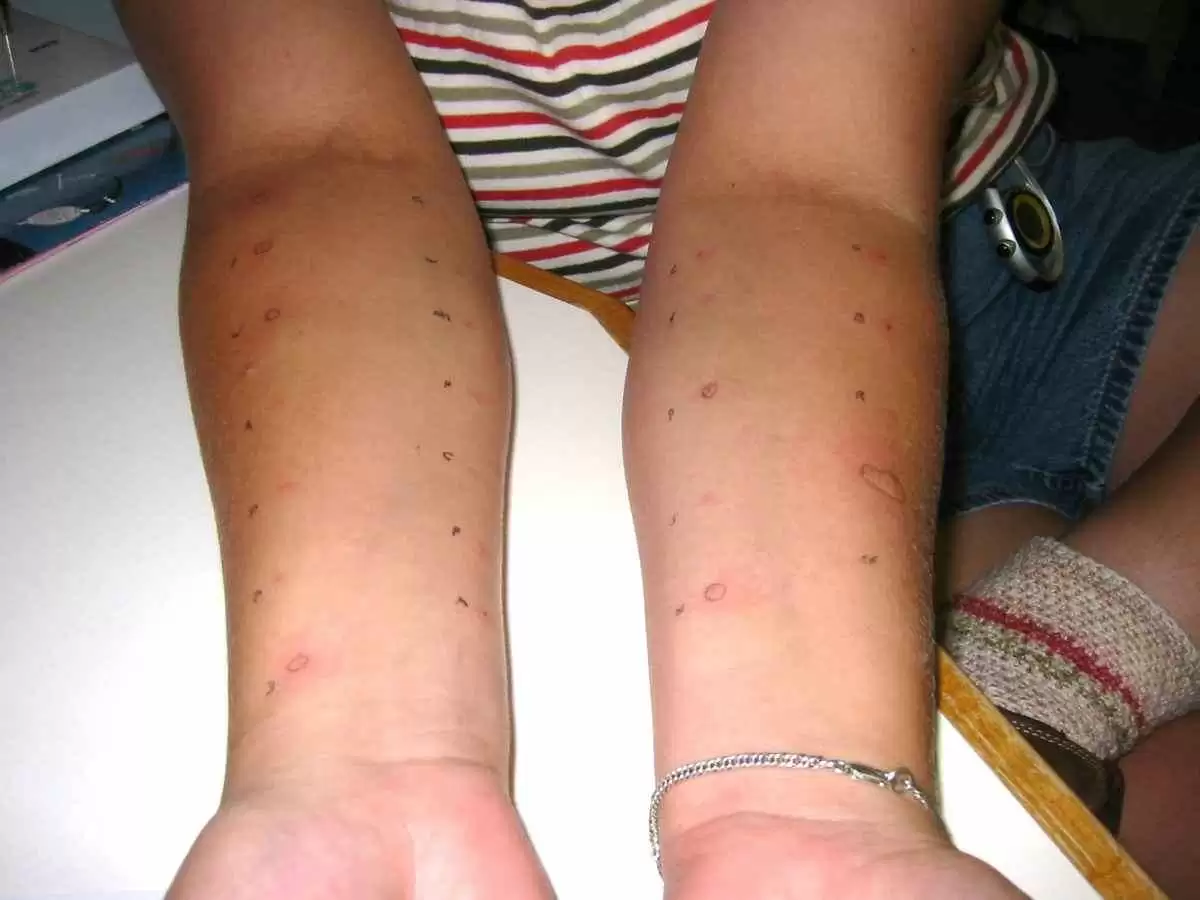
Celiac.com 08/20/2022 - It is not much of a reach to suspect additional food sensitivities in the context of celiac disease or gluten sensitivity. After all, celiac disease causes increased intestinal permeability(1) otherwise known as “leaky gut.” Since large, undigested gluten proteins can sometimes pass into the bloodstream, other food proteins are also likely to reach the circulation. The immune system reacts against such foreign proteins in an attempt to protect us. The presence of non-self proteins causes an immune system reaction just as if they were infectious microbes. And herein lies one answer to some, perhaps many, cases of incomplete recovery and refractory sprue. These conditions may sometimes be relatively easy to correct through the detection and avoidance of additional food sensitivities.
Adult-diagnosed celiac patients have usually experienced many years of a leaky gut, with or without symptoms and ill health. Admittedly, these signs and symptoms can result from a variety of causes including nutritional deficiencies due to malabsorption, abnormal immune responses, damage to the protective mucosa of the intestinal wall resulting in a leaky gut, additional autoimmune conditions, and opportunistic infections. It sometimes seems that celiac disease just rolls out the red carpet for a host of additional ailments. Increased intestinal permeability, resulting in additional food allergies, is just one of the many contributors to this witches’ brew of additional ills that arise in untreated celiac disease and may continue despite careful avoidance of gluten.
Celiac.com Sponsor (A12):
Considerable evidence has long pointed toward additional food allergies. Unfortunately, this information has largely been ignored. But recent developments in serological testing are now making it feasible, economical, and convenient, to identify and correct such food allergies. One article appeared almost thirty years ago in the peer reviewed literature reporting complete resolution of what was previously diagnosed as refractory sprue following removal of additional allergenic foods from the diet(2) . Another such publication documented the progress of one celiac patient who was thought to have refractory sprue. This individual recovered with the additional dietary exclusion of egg, chicken, and tuna(3) . This patient became very ill before the possibility of immune reactions to other dietary proteins was considered.
More recent reports of the success of elemental diets in reversing refractory sprue further support this perspective(4) . Another group has indicated that 36% to 48% of celiac patients demonstrate antibody reactions to milk proteins(5) . Although there are some reports that the frequency of such sensitivities reduce with treatment time on a gluten-free diet(6,7), they also report a higher initial frequency of reactions to milk proteins.
I have not heard of any new evidence suggesting that the injury to the intestinal mucosa caused by gluten can now be distinguished from similar injuries caused by milk protein allergies. Thus, any of a variety of food allergies might be contributing to such damage to the mucosa.
The peer-reviewed reports cited above, along with the many posts to the Celiac Listserv indicating that additional food sensitivities are a factor in individual cases of celiac disease, suggest the need for vigilance among celiac patients, particularly those who are experiencing incomplete recovery on a strict gluten-free diet.
Before leaping to the use of steroids, further antibody testing seems prudent. There are a number of commercial laboratories in the United States and at least one in the United Kingdom that offer IgG testing for delayed-type allergies to common foods. Although such tests are not perfect, they can provide valuable information for those who have not experienced a full recovery on a gluten-free diet, or some individuals who have been diagnosed with refractory sprue. The therapeutic use of systemic steroids can produce some very dangerous side effects. IgG blood testing and dietary exclusion of identified allergens, on the other hand, involves a simple, convenient test followed by the kind of dietary inconvenience that most of us are already well versed in.
If possible, ELISA or similar testing ought to be done prior to beginning steroids, as such drugs may be unnecessary, or they may compromise the accuracy of the blood test.
Sources:
- Pizzuti D, Bortolami M, Mazzon E, Buda A, Guariso G, D'Odorico A, Chiarelli S, D'Inca R, De Lazzari F, Martines D. Transcriptional downregulation of tight junction protein ZO-1 in active coeliac disease is reversed after a gluten-free diet. Dig Liver Dis. 2004 May;36(5):337-41.
- Baker AL, et al. Refractory sprue: recovery after removal of non-gluten dietary proteins. Ann Intern Med. 1978 Oct;89(4):505-8.
- Volta U, et al. Antibodies to dietary antigens in coeliac disease. Scand J Gastroenterol. 1986 Oct;21(8):935-40.
- Mandal A, Mayberry J. Elemental diet in the treatment of refractory coeliac disease. Eur J Gastroenterol Hepatol. 2001 Jan;13(1):79-80.
- Kemeny DM, Urbanek R, Amlot PL, Ciclitira PJ, Richards D, Lessof MH.Sub-class of IgG in allergic disease. I. IgG sub-class antibodies in immediate and non-immediate food allergy. Clin Allergy. 1986 Nov;16(6):571-81.
- Paranos S, et al. Lack of cross-reactivity between casein and gliadin in sera from coeliac disease patients. Int Arch Allergy Immunol. 1998 Oct;117(2):152-4.
- Scott H, et al. Immune response patterns in coeliac disease. Serum antibodies to dietary antigens measured by an enzyme linked immunosorbent assay (ELISA). Clin Exp Immunol. 1984 Jul;57(1):25-32.










Recommended Comments
There are no comments to display.
Create an account or sign in to comment
You need to be a member in order to leave a comment
Create an account
Sign up for a new account in our community. It's easy!
Register a new accountSign in
Already have an account? Sign in here.
Sign In Now